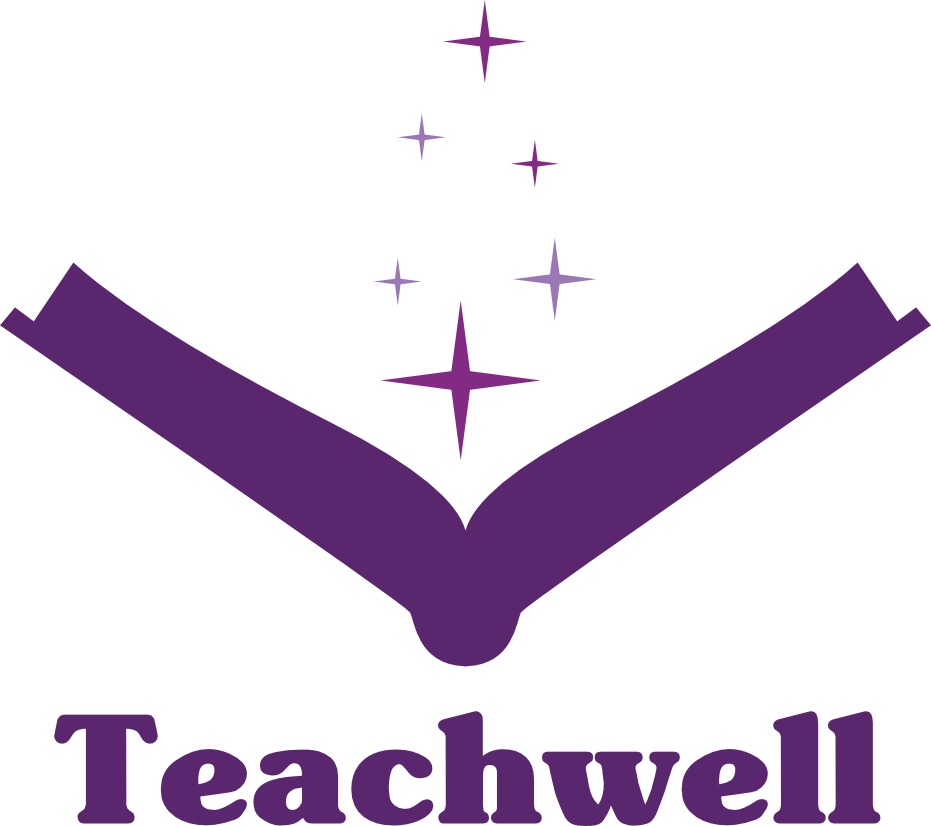Genre Overload: rED17
Here are my slides from my talk at ResearchED ’17, which is a revised version of the talk I gave earlier this year.
Just to clarify a few points that were mentioned to me during and after the talk and then again on twitter.
1) Memory storage: https://www.ncbi.nlm.nih.gov/pmc/articles/PMC2864034/
would suggest 3-5 items can be stored in working memory rather than 4-7 that I have seen cited most widely. This would suggest further limitations on processing capacity. What this means in terms of writing, particularly for primary pupils, it something that need further research and exploration.
2) The audio parts of the talk were not deliberate but if anyone wants to listen to them: http://www.teach-well.com/primary-writing-genres-sacrificing-depth-for-breadth/
3) The correlation between enjoyment, attainment and frequency of writing requires further research. There is a danger of assuming causation based on ideological preference from all sides. In order to move forward, we do need to see if we can establish causation.
4) There was a long comment at the end of the talk from an education consultant/LEA advisor (?) in Buckinghamshire regarding “Genre Theory” and how primary schools she works with have abandoned genres altogether instead using novel study and writing objectives alone.
I know a number of schools in my LEA are adopting a novel based approach and few publish the specifics of their writing curriculum online. The ones who do seem to be adding genres rather than shedding them. So I was genuinely interested to hear what she had to say. Unfortunately, it did seem that it was simply a return to open-ended writing with tenuous links to other subjects not a systematic approach.
The focus on expression rather than communication is a cause for concern in my opinion (which I have written about here and here). I did ask about whether there was a report that could be read about this approach, evidence to support it or assessment but she did not offer any.
After the talk, another advisor for a different LEA spoke to me how she was taking the opposite approach with genres linking to a wider knowledge curriculum.
My experience of working in inner-city primary schools was that they were usually in the throws of some initiative to raise standards, which were all too soon abandoned for the next big thing. Whatever my preferences or inclinations, I do think that it’s necessary that initiatives in schools are evaluated objectively and reported on so that they can be compared.
Ultimately rED is about the research and evidence and a move away from an era where the selling of snakeoil prevailed. I think we should welcome greater debate in this whole area to identify what works and look forward to more of it.

